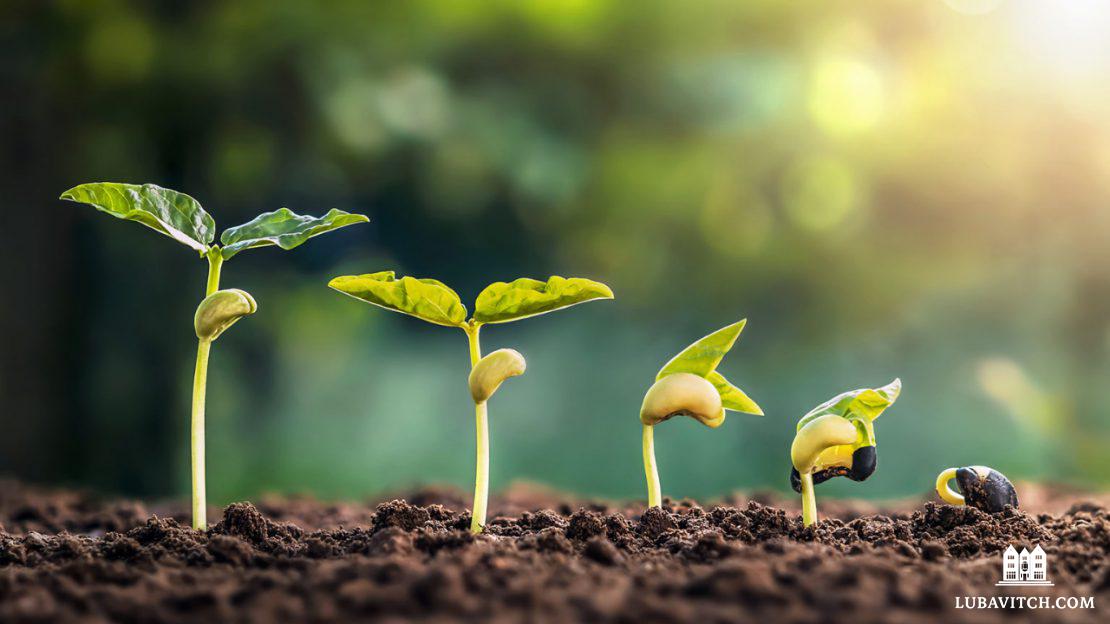The Haftorah reading for Rosh Hashanah opens with a striking story. Chana, who will later become the mother of the prophet Samuel, has been unable to bear children. Her husband Elkanah brings the family to Shiloh, where the Mishkan stands, each holiday, to bring offerings and celebrate. Chana, distressed by her childlessness, breaks down in tears and cannot eat. Attempting to comfort her, Elkanah says, “Am I myself not better to you than ten children?”
Chana does not answer, instead, she enters the Mishkan to cry and pray. As the verse describes, “She prayed long before G-d . . . she spoke in her heart, only her lips moved, but her voice could not be heard.” Even the Kohen Gadol, viewing her from afar, thought she must be drunk.
Elkanah and Chana stake out two opposing positions. Elkanah sees the greatest value in personal spiritual growth. He ascends to the Mishkan, offers up offerings, and experiences G-dliness from up close. In his eyes, the absence of “children” is no great loss when you consider the great spiritual heights one can achieve within the self.
Chana, however, is unsatisfied with this approach. She prays, “Give your maidservant a human child.” After giving birth she would be unable to make the long journey to Shiloh; but for her, the spiritual heights the Mishkan offers pale in comparison to the value of raising a child. She saw less satisfaction in pushing her solitary spiritual growth to new heights than in setting herself aside to care for a child. In the end, her wish was granted.
In our own times, we are often torn between these two values. On one hand, we see the intellectual and spiritual heights we find when we focus on our “I, myself”—on our personal spiritual development. On the other hand, we look at the people around us, and we see that we can help them in their spiritual struggles.
Chana chose to put her own personal growth on hold for the sake of her children. Elkanah could not understand why she was not satisfied with her “I, myself”.Yet she clearly felt she was missing something essential. And so she entered the Mishkan, and prayed until G-d granted her wish.
Chana’s intuition reflects the Jewish intuition to be concerned for those around us. It’s the intuition that asks, “how can we be satisfied with our relationship with G-d, when our brothers and sisters are still searching for theirs?” Chances are, when we follow Chana’s approach, we will discover that helping others is the greatest catalyst for our personal growth.
Torat Menachem Vol. LXII pg. 50

Be the first to write a comment.